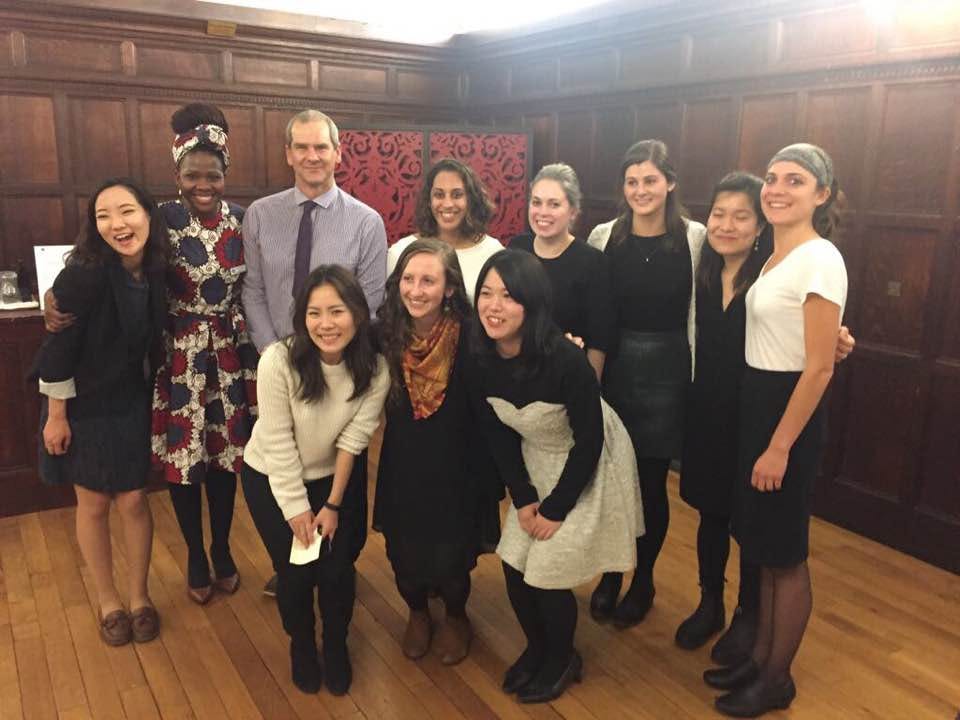This piece was originally published on Medium on 14 October 2017.
Coming to Cambridge for my PhD has been a slightly harder transition than when I left for Edinburgh for my Masters four years ago. When I left for Scotland I was experiencing a sense of intellectual wanderlust; I loved where I had grown up but I also felt that I had outgrown it. This time, however, I’ve left my home for a longer time after learning to grow into the gifts that my community had to offer. It’s one thing to grow up knowing abstractly that you come from a good place, it is quite another to see that place for what it is, to understand it’s intricacies and the care and time that individuals give to make it what it is; not flawless, but striving. Not perfect, but genuinely caring. Not a simple idyllic, but with depths to plumb and more to offer than can be scratched from the surface of a postcard-picturesque sunset. Suddenly, when you not only know what you’ve left behind, but understand why it is so much a part of you, it becomes hard to remember why you left no matter what the bright opportunity you are meant to be running towards might be.
But what has made the transition easier – both times actually – is finding an integral part of my community elsewhere, through Rotarians in both Scotland and England. When you are moving somewhere new, it is nice to know that there are people there with a genuine interest in taking care of you – and that it isn’t lip service either. Even before I landed, my host club, the Rotary Club of Cambridge-South had gone above and beyond to help me navigate the university’s convoluted bureaucracy and make sure that I would actually have a place to live when I arrived. And after months of hearing, “this is not our problem” from other places, it was such a relief, though certainly not a surprise. My home club, the Rotary Club of Madison, CT and my home District, RI District 7980, have shown me time and again that people are willing to do whatever it takes to someone, not because of what they will receive, but because of what they can do for someone else, simply because they can. I am so grateful to have been made a part of this community, twice now, and know first-hand how my life has been shaped because someone in Rotary thought I was worth supporting. And if it feels rare to be so embraced and so supported by a community when you are a stranger and an outsider, I hope that whatever little I do in this world, I can share that feeling of being accepted and worth helping, when I have to the chance to do so, for someone else. Helping is one of the most genuine forms of showing care that there is; how lucky am I to be so cared for.

A global community dedicated to service in this world seems like an abstract dream. Can people genuinely just want to help others to the best of their abilities anymore? In my experience, yes. And the Scholars Welcome Dinner held by Rotary International District 1080 served to confirm that experience, across generations. Eleven scholars from five countries, all working on different topics but with the same goal in mind were able to come together and further show that diverse people with diverse experiences can learn from each other to push towards a common end. I am very excited to see what this cohort can do — even from just preliminary plans to coordinate Rotary Peace Project training locally, and take those skills back to our own communities. It doesn’t take a lot to make it happen either. Just a little bit of time, a little bit of connecting the threads. It is a lot like a jigsaw puzzle with no key in some respects. Not a single one of us has the answer, or even a full grasp of the picture. But we can each do a part, and benefit from the others’ perspectives.